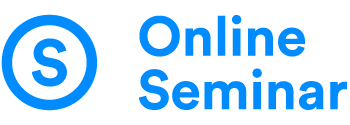Knowledge platforms are on the rise within the pharmaceutical industry. What are the major trends? How do these platforms increase the thought leadership of the companies involved? And what are key success factors to build a relevant platform? If your company has or is considering a knowledge platform, this is what you need to know.
Within the health care industry, there is an increasing demand for digital information. As research by consultancy firm Across Health shows, there is a gap between the knowledge needs of doctors when it comes to online information and what is actually offered by the pharmaceutical industry. Across Health calls this the digital divide. Especially in the field of educational information, the gap is very large: 60% of doctors indicate they prefer online information, while only 15% of educational information is offered in this way.
Here’s where knowledge platforms add value
Knowledge platforms are an interesting way to fill that gap. Knowledge platforms provide independent, diverse information that is relevant to a specialist’s profession. They serve as a form of industry magazine, with specialized information on a niche topic, for instance on oncology. In order to avoid the idea of biased information, many of the knowledge platforms are currently created by medical publishers, or pharmaceuticals are facilitating a platform, for instance during medical seminars. However, it is well-worth considering creating a knowledge platform as a pharmaceutical company.
How a knowledge platform creates thought leadership
A knowledge platform does require an investment, Online Seminar business unit manager Sjors van den Camp acknowledges. ‘It needs to be built, maintained and promoted. However, companies that do offer a high-end platform reap the benefits. You will be considered a thought leader within your industry. It is one of the most sustainable ways within the online paradigm to build your brand and engage with your audience. Plus, it is lifelong learning at its finest.’
Access to data
But there is more. When you create your own platform instead of offering content to others, you have detailed data at hand. A visitor usually will have an account, which means that you can track every step on your platform. ‘It means that you know what topics your target market is most interested in and what type of content is popular’, says Van den Camp. ‘If you invest in diving into the data, it is of benefit to other areas of the business.’
Another aspect that is not very often considered, says Van den Camp, is that knowledge platforms ease the work for sales reps. ‘With a platform, you gain so much valuable information on health care professionals and their interests that sales reps can use in their daily practice. Plus, knowledge platforms are able to reach professionals who are not attending seminars. You are sharing knowledge with those health care professionals as well. That means, that if you do it well, you can reduce the work load for sales reps. If you are able to get key opinion leaders within the industry on your platform, for instance giving a webinar, you can be ensured of traffic.’
What makes a knowledge platform a success?
In order to make a knowledge platform successful, it is crucial to treat it as an independent news medium or industry magazine. It requires the same amount of attention: regular, preferably daily, updates; high-end, independent content and a variety of topics offered within videos, articles and webinars. ‘These factors truly decide whether a platform is going to be the go-to channel for health care professionals’, says Van den Camp. ‘And that is what you ultimately want: to be the stop for your target market.’
Webinars within a knowledge platform
Webinars are in that respect one of the most fascinating tools within a knowledge platform, says Van den Camp. ‘They provide with an opportunity to really engage with your audience. A webinar is an opportunity to share knowledge that would normally be out of reach and it creates valuable data.’ We will see a lot more knowledge platforms in the future, Van den Camp estimates. ‘If you do it well, knowledge platforms are the premium way to engage online with your target market and have direct access to data.’


